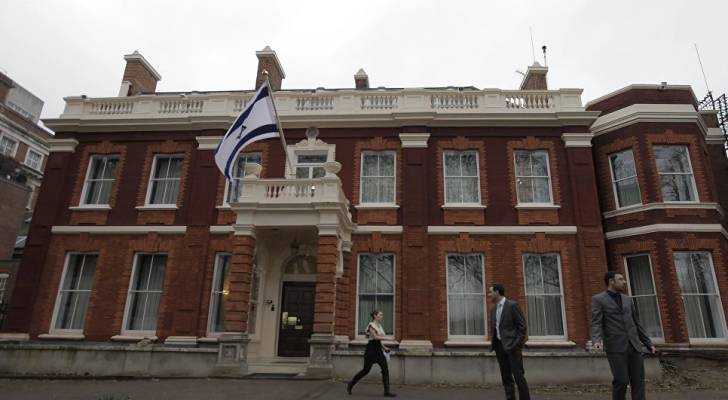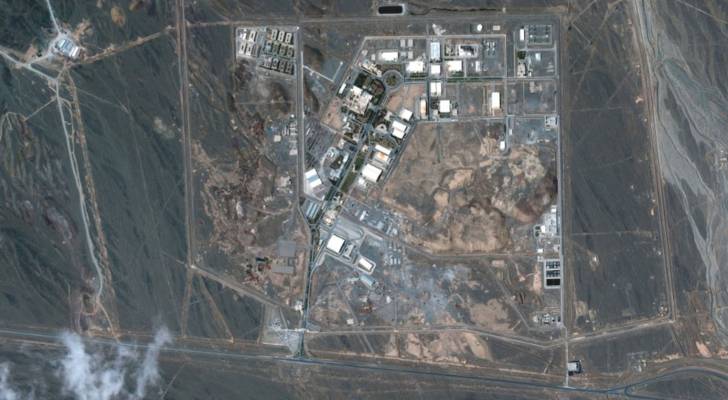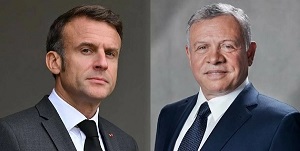Slow recovery in Middle East economies: What about Jordan? - By Raad Mahmoud Al-Tal, The Jordan Times
The latest World Bank report shows that countries in the Middle East and North Africa are recovering slowly from recent economic problems. The world is facing many challenges like slower growth, political conflicts, and high debts. Even though the region’s growth is expected to improve slightly compared to last year, the recovery is still weak and uncertain. Many risks remain, such as changes in oil prices, conflicts in Gaza, and the slow global economy.
The World Bank expects the region’s economy to grow by 2.7 per cent in 2025, up from 1.9 per cent in 2024. Growth is expected to speed up to 3.7 per cent in 2026 and 4.1 per cent in 2027. This is because some countries will produce more oil, agriculture is getting better in others, and inflation is falling. But the gap between rich oil-producing countries and oil-importing countries will continue. Some countries will grow too slowly to improve living conditions.
Jordan is in the group of countries that import oil. These countries face problems like high energy costs, less demand for goods from outside, and slower investment. Even though Jordan is trying to make reforms, the economy is not growing fast enough to create enough jobs or increase incomes clearly.
The report also says that problems in nearby countries like Palestine, Syria, and Lebanon add more pressure on Jordan. Issues like weaker trade between these countries, fewer tourists, and the high cost of hosting refugees hurt Jordan’s government budget and limit spending on important projects. The report recommends that Jordan focus on sectors that add value like farming, factories, and digital services.
The Gulf countries, which are important economic partners for Jordan, are expected to grow by 3.2 per cent in 2025. This growth is because they will produce more oil and improve sectors like tourism and infrastructure. Jordan can benefit from this by getting more money sent home from workers, selling more goods, and attracting investments. However, this depends on good relations and Jordan’s ability to get outside funding.
On the other hand, countries like Lebanon, Syria, and Yemen face serious problems. Their governments are weak, infrastructure is damaged, and economies are shrinking. Their recovery depends on political and security changes that are not certain. Jordan feels the effects because of less trade, more refugees, and border tensions.
The World Bank stresses the need for faster reforms in countries like Jordan. This includes spending money better, focusing on education, health, and infrastructure, and encouraging new business activities. It also calls for easier rules for investors and stable money policies.
Jordan started its Economic Modernization Vision in 2022 and is working on it. But the biggest challenge is putting the plans into action and finding money to support them. Without deep changes, growth will stay low and will not reduce unemployment or improve social fairness. Because the region is unstable, Jordan needs to build a stronger and more independent economy.
The World Bank report gives a clear picture of the region’s economy. It shows that moving from slow growth to steady and fair growth needs big efforts in reforms, managing risks, and better governance. For Jordan, the next three years are very important to show it can turn challenges into chances and make the most of the limited opportunities in the regional and global economy.
Raad Mahmoud Al-Tal is head of Economics Department – University of Jordan
Latest News
-
 Israel Warns 'Tehran Will Burn' if More Missiles Fired
Israel Warns 'Tehran Will Burn' if More Missiles Fired
-
 Iran calls nuclear talks with US 'meaningless' after 'Israel’s' military strike
Iran calls nuclear talks with US 'meaningless' after 'Israel’s' military strike
-
 'Israel' closes embassies worldwide amid rising tensions, urges citizens to stay
'Israel' closes embassies worldwide amid rising tensions, urges citizens to stay
-
 IAEA confirms internal contamination at Iran’s Natanz site
IAEA confirms internal contamination at Iran’s Natanz site
-
 King receives call from Macron, urges immediate action to end dangerous escalation in region
King receives call from Macron, urges immediate action to end dangerous escalation in region